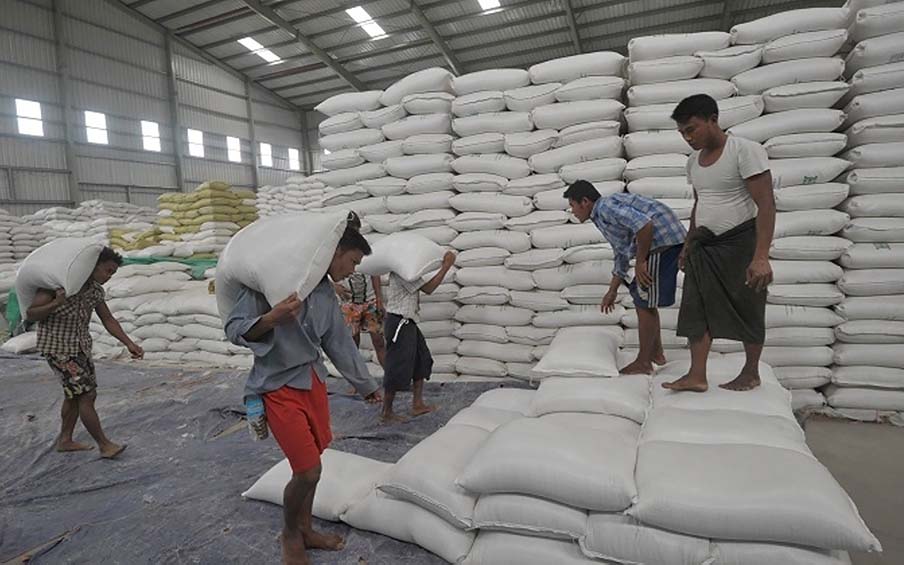Bullying, in all its forms, is a pervasive issue affecting societies worldwide, manifesting in workplaces, schools, and various associations. Discrimination and bullying based on race, skin colour, gender, language, and perception are prevalent, impacting people of all ages.
Bullying encompasses verbal assaults, physical intimidation, and threats, leading to both physical and mental harassment. It can be classified into physical bullying, verbal bullying, and cyberbullying. Physical bullying is common among children and teenagers, while verbal bullying can drive victims to depression and, in severe cases, suicide.
The rise of technology has amplified cyberbullying, with a significant percentage of children and young people experiencing it online. Surveys indicate that 45 per cent of young internet users face cyberbullying, with girls being more frequent victims than boys. Many of these incidents occur via mobile phones. A World Health Organization (WHO) report from March highlighted that school-age children suffered severe cyberbullying impacts even before outbreaks of the COVID-19 pandemic.
The report further details that oral bullying accounts for 79 per cent of all cases, making it the most common form, followed by social bullying at 50 per cent, physical bullying at 29 per cent, and cyberbullying at 25 per cent. In schools, bullying often occurs among students, although it can also involve school staff. Surveys reveal that physical punishment is still practised in schools across 67 countries.
Bullying in schools can severely affect victims’ learning, mental health, and overall development. Educational reports indicate that bullied children are often demotivated to attend school, leading to poorer academic performance compared to their peers. This academic decline can result in a higher dropout rate, as these students are more likely to leave school after completing high school. Preventing bullying is crucial for the safety and well-being of society. Implementing anti-bullying policies, promoting awareness, and fostering a supportive environment are essential steps. Schools and workplaces must create safe spaces where individuals feel respected and valued, regardless of their background or characteristics. By addressing bullying comprehensively, everybody can protect vulnerable individuals and build a more inclusive and harmonious society.
Although action can be taken against acts of bullying in society and workplaces in accordance with relevant laws, rules, and regulations, handling bullying in schools among students is very subtle. However, teachers, parents, students and departmental officials have to make a quadruple effort to prevent bullying in schools and protect students and young people against bullying in all forms in order to enhance the morale of the people.
Prevent bullying acts in all forms for safety of society
- May 28, 2024
- 128















